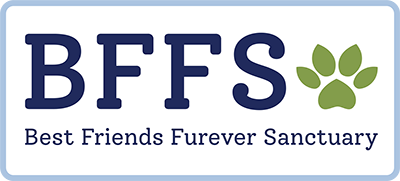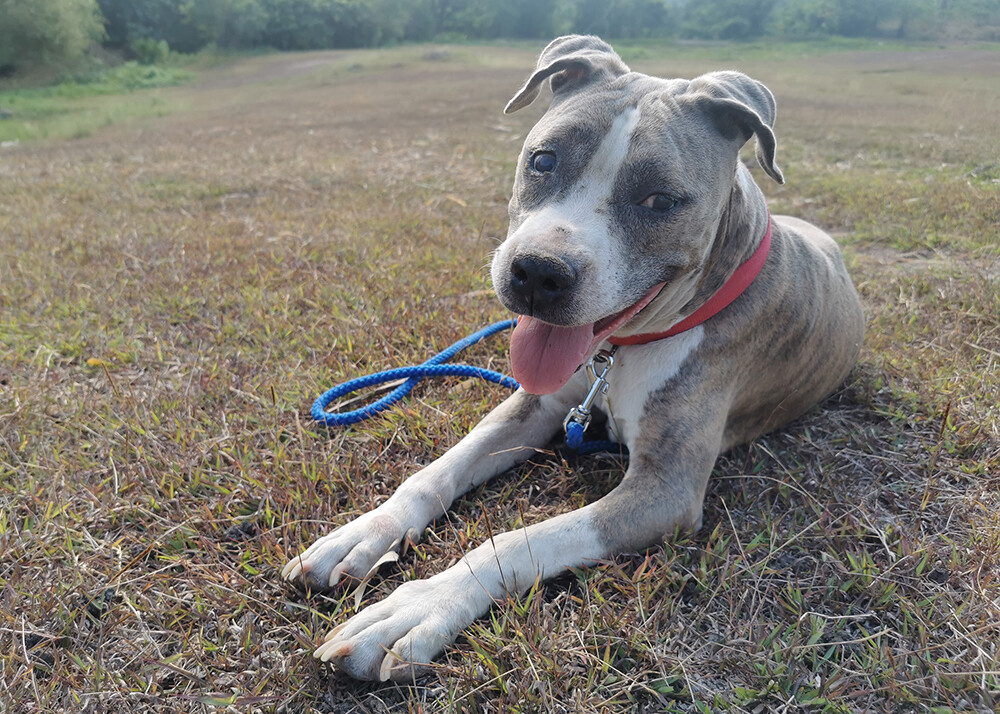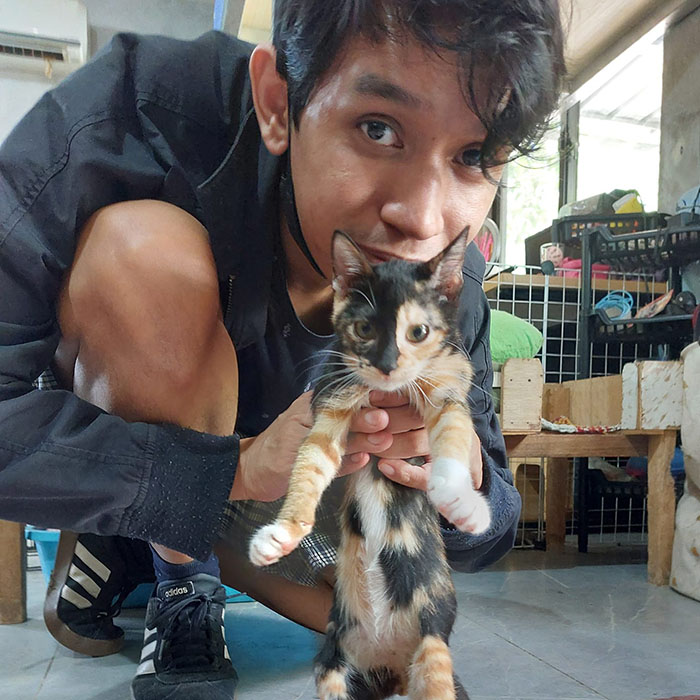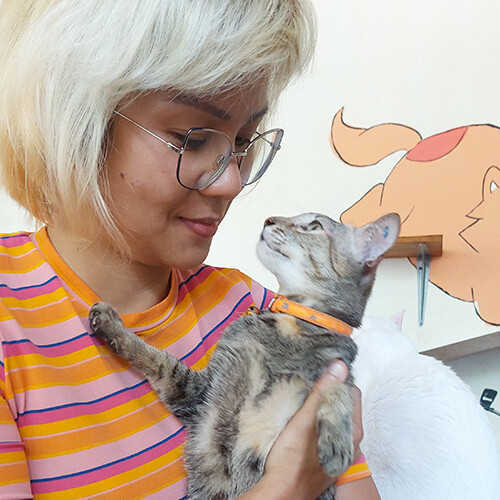Fortunate dog-parents see their canines off to retirement. Those who have experienced this know that caring for a senior dog differs significantly from tending to a young one. Though dogs may still enjoy their senior years in good health, their mobility decreases with age, hearing and vision deteriorate, and they become more susceptible to numerous ailments.
Note that a dog’s genes and lifestyle play a significant role in their aging. As such, the stage at which a dog is deemed senior may vary widely. It is therefore essential to watch for early indications of aging and take action to keep your pet healthy.
We’ve compiled a list of helpful tips for caring for aging dogs to assist dog owners in this endeavor. Let’s dive into it!
Age-Appropriate Diet for your Senior Dog
Eating a healthy, well-balanced diet is critical to a dog’s well-being at all life stages. Since senior dogs have less energy than younger ones, they are more likely to become obese. It’s crucial to identify the right dog food for elderly dogs. Your pet’s veterinarian can help determine if your senior dog has specific conditions that would require a particular diet.
Let your Senior Dog have Regular Exercise
By offering appropriate regular exercise, you can help your dog maintain a healthy weight and improve its general well-being. Consult your veterinarian about a suitable exercise routine based on your pet’s health and capabilities. Dogs lose energy as they age. Even if your pup used to be able to run for 30 minutes, they might not be able to do so anymore.
Take your Senior Dog for Regular Vet Visits
When caring for senior pets, regular vet visits is essential. Your dog’s immune system weakens as it ages, causing your pet to become more vulnerable to various illnesses. Because of this, most veterinarians suggest that a senior dog be examined every six months. If you notice any changes in your pet’s behavior or well-being, bring your senior dog in for a check-up immediately.
Your Senior Dog’s Oral Health
Maintaining good dental hygiene is essential to overall health. It should be practiced from an early age. Losing some teeth is common in elderly dogs. If your dog doesn’t enjoy daily toothbrushing, give it dental treats to maintain good oral health. Having your dog’s teeth cleaned annually at the vet is also something you should consider.
Provide Vaccines and Parasite Protection for your Senior Dog
Appropriate tick, worm, and a flea treatment is necessary throughout your dog’s life. However, senior dogs don’t need immunizations at the same frequency as younger ones. Consult your pet’s veterinarian about it.
Special Accommodation for your Senior Dog
Older dogs are more likely to suffer from arthritis or other joint and muscle disorders that limit their movement. This may result in difficulties climbing on and off the bed or couch. Provide a comfortable and accessible floor-level space for your senior dog. Restrict staircase and steep elevation access which may prove dangerous to your elderly pet.
As dogs age, some of them end up with vision issues or become completely blind. Avoid moving furniture around to reduce confusion and accidents.
Treat your Senior Dog as Family
Aging is inevitable, but it doesn’t happen overnight. As a dog owner, you have enough time to enjoy your pet’s company, create memories, and prepare for its senior years. More than being a dog owner, treat your pet like family. Give your dog proper care and attention and you may have a chance to experience your dog’s golden years.





